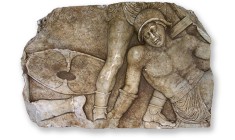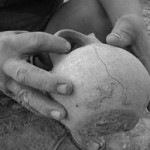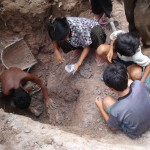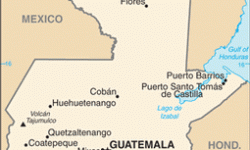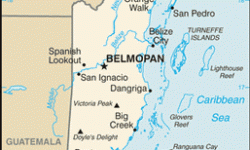Huechero
Author: Donna Yates
Last Modified: 01 Jan 2013
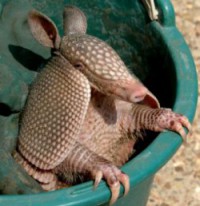
A huechero is a person who clandestinely excavates at archaeological sites for the purpose of obtaining marketable antiquities; a looter.
The term is primarily used in Guatemala and Belize (Matsuda 1998). It is derived from the word ‘huech’ which means ‘armadillo’ in several Maya dialects. Armadillos are seen as creatures that dig holes in the dirt much like looters of archaeological sites. The use of the term ‘huechero’ usually implies subsistence digging (Matsuda 2005). It is worth noting that the South American term ‘huaquero’, which has a similar definition, is derived from a different source.
References
Matsuda, David (1998), ‘The Ethics of Archaeology, Subsistence Digging, and Artifact Looting in Latin America: Point and Muted Counterpoint’, International Journal of Cultural Property, 7 (1), 87-97.
— (2005), ‘Subsistence Diggers’, in Karen Fitz Gibbons (ed.), Who Owns the Past? Cultural Policy, Cultural Property, and the Law (New Brunswick: Rutgers University Press), 225-65.
